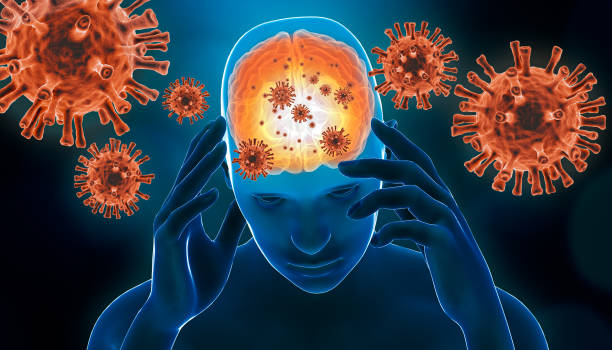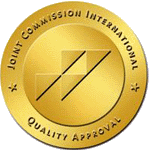CAUTION, MENINGITIS!!!

Meningitis is a severe infectious, inflammatory disease of the brain and spinal cord membranes with high mortality. Meningitis can be caused by bacteria, viruses, fungi and even parasites.
According to the World Health Organization (WHO), bacterial meningitis poses the greatest danger. Approximately every tenth patient dies from this type of meningitis, and every fifth patient develops severe complications (paralysis, mental disorders, sepsis, pneumonia).
Sources of infection: sick person and carrier
Transmission routes:
- airborne - during coughing, sneezing, talking:
- oral-fecal - if the rules of personal hygiene are not observed;
- birth canal - a newborn baby can become infected from a sick mother;
- contact-household - infection occurs after using the patient’s things;
- through insect and tick bites (mainly a problem in countries with hot climates);
- through food and water contaminated with rodents (during bathing);
- there is a risk of infection during kissing and sexual contact with a sick person.
Meningitis can affect people of any age. Thus, young children are more often affected by group B streptococci, less often by meningococci and pneumococci, adolescents, young people and adults - by meningococci, older people more often - by pneumococci.
The main symptoms depend on the causes and course of the disease (acute, subacute and chronic):
- neck muscle stiffness,
- fever,
- headache,
- nausea and vomiting,
- confusion,
- change in mental state,
- neurological disorders (hearing loss, vision loss, cognitive impairment).
- convulsions, coma
With the development of sepsis (septicemia):
- cold extremities;
- joint and muscle pain;
- rapid breathing;
- diarrhea;
- dark purple or red rash.
Symptoms in infants are sometimes different from those in adults:
- decreased activity and drowsiness;
- irritability and inconsolable crying;
- decreased appetite;
- rigidity or lethargy of the body;
- swollen fontanelle.
PREVENTION
Specific prevention is vaccination, the safest and most effective way to protect against meningitis caused by meningococci, pneumococci, and Haemophilus influenzae type b. Vaccinations against meningitis are given to children at an early age.
Nonspecific prevention:
- observe the rules of personal hygiene;
- if there is a disease outbreak in your city, you should avoid crowded places;
- do not swim in prohibited places of water sources;
- wash vegetables, fruits and berries thoroughly before eating;
- drink only boiled water;
- avoid contact with persons who have symptoms of enteroviral disease;
- strengthen the immune system: including hardening yourself, playing sports, eating right, taking vitamin complexes, avoiding hypothermia;
- ventilate the premises daily and carry out wet cleaning;
- wear medical masks in cases of complications of the epidemic situation.
If you notice symptoms of the disease in yourself, your children or other loved ones, you should immediately seek medical help!




